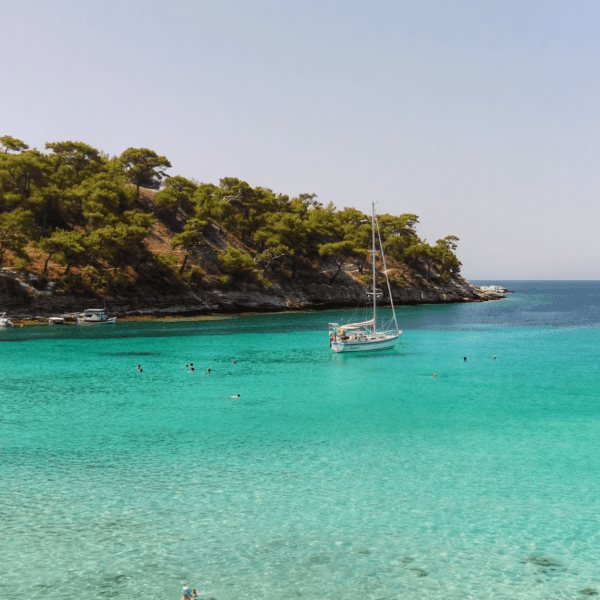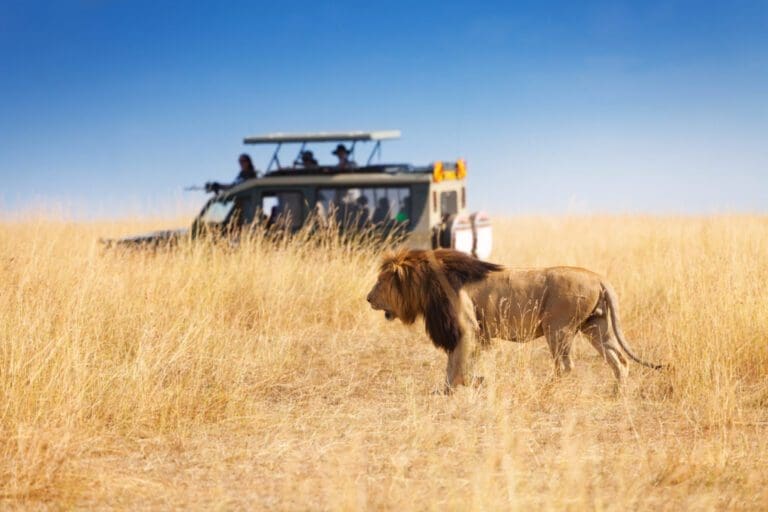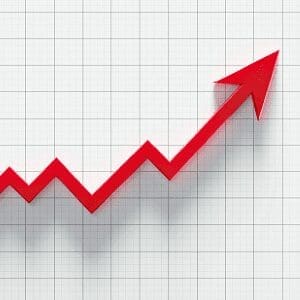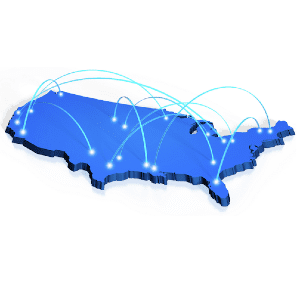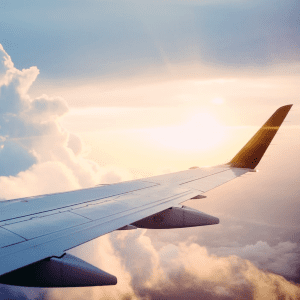 After flights were largely grounded and travelers stayed home in 2020, the return to travel has become one of the most anticipated—and uncertain—activities of 2021.
After flights were largely grounded and travelers stayed home in 2020, the return to travel has become one of the most anticipated—and uncertain—activities of 2021.
Mastercard released Recovery Insights: Ready for Takeoff, a view into key travel trends in the air and on the ground, around the world. While the global travel recovery remains uneven, one-fifth of countries studied have returned to at least 90% of pre-pandemic levels for domestic flight bookings.
The report, developed by the Mastercard Economics Institute, draws on aggregated and anonymized sales activity across the global Mastercard network to better understand the next phase for travel, its drivers, and challenges. This includes the balance between leisure and business, local and long-distance, and saving and spending. The report also looks at the spending categories seeing an uptick and what they signal for travel recovery.
“While there’s been an impressive recovery in domestic air travel in a number of markets, the rebound won’t happen overnight. The pandemic brought the industry down to spending levels not seen in over 15 years,” said Bricklin Dwyer, Mastercard chief economist and head of the Mastercard Economics Institute. “While a lot of uncertainty remains, pent-up savings, a desire to venture farther from home, and the green light from governments could all provide significant tailwinds for the continued travel recovery.”
Key trends include:
- Global gasoline spending is up 13%* from its previous peak in 2019. Road trips—the big trend of 2020—aren’t going anywhere. The report shows robust demand for local travel and lesser-known locales, such as Devon and Cornwall in the UK. In the US, more people are also traveling across the country by car, with 25% of vehicle rentals used for interstate travel.
- As people prepare to reemerge, pent-up savings help fuel sales across a variety of categories. For instance, sales at toupee and wigs stores have increased 75% in the past year compared to pre-pandemic, and sales for beauty salons and luggage stores are also up. Meanwhile, spending at boat dealers (+30%) and bike stores (+62%) also grew, as pent-up demand collided with greater savings due to fiscal stimulus and savings from mobility restrictions. The US followed by Canada, Belgium, and Australia, had the most ‘excess’ savings as a percent of annual personal consumption expenditure.
- Air travel remains down significantly globally, with some positive pockets. According to the analysis, one-fifth of countries studied have returned to at least 90% of pre-pandemic levels for domestic flight activity. While some—including the U.S., Australia, and France—are exceeding pre-pandemic domestic flight bookings, others—such as Canada, Thailand, and New Zealand—are at a fraction of where they were before the pandemic began.
- Global business travel lags global leisure travel by approximately four months. Global business travel is showing recovery signs, with Australia domestic corporate travel bookings at nearly 80% of pre-Covid levels. Additionally, US domestic corporate travel is back up to just over half of its average level from 2019.
- Border reopenings have fueled 10 interesting travel corridors. The limited border reopenings have proven to be challenging for travelers and the travel industry alike. But the select open corridors such as between Australia and New Zealand and between the US and Latin America and the Caribbean are meeting and, in some cases, exceeding pre-pandemic levels.
“The past year has only reinforced how important travel is—to our connection with friends, family, and the broader world, to our business communities, and to our personal fulfillment,” said Raj Seshadri, president of data and services, Mastercard. “The economic implications of tourism are vast, with virtually no industry untouched when travelers stay home. Through Recovery Insights, we’ve helped airlines redesign travel routes, retailers rejig inventory, and cities understand shifts in neighborhood spending. It’s about enabling smarter decisions for better outcomes—today and tomorrow.”
Mastercard launched Recovery Insights to help businesses and governments better manage the economic risks presented by Covid-19. Through this initiative, Mastercard has provided data-driven insights, analytics, and other services to businesses and governments to help them understand ever-changing consumer spending trends and how to address them.
For instance, early last year, a leading Asia-Pacific airline leveraged Mastercard Test & Learn to understand what was driving performance during the pandemic. It was discovered that trip duration greater than seven days grew by nearly two-thirds, and tickets bought months in advance grew by roughly half. Building on these insights, the airline was able to instantly adjust its strategy in real-time to optimize its sales and better serve travelers.
Mastercard provides peace of mind to our cardholders ensuring ease, simplicity, and value as they travel. For select cardholders:
- Mastercard Travel & Lifestyle Services helps our cardholders return to travel through travel planning, offers, booking, and 24/7 hands-on concierge support – a service even more important now with ever-changing travel rules and regulations along with health concerns.
- With the lowest hotel rate and hotel stay guarantees—along with insurance coverage for trip cancellations, lost luggage, rideshare protection, rental cars and more—cardholders can have peace of mind that they will be covered during their travels, always getting the best value and exactly what they paid for.
- Plus, Priceless.com provides travelers with once-in-a-lifetime experiences, offers, such as Mastercard Travel Rewards, and benefits at their destinations.
*Gasoline figures are not price adjusted


